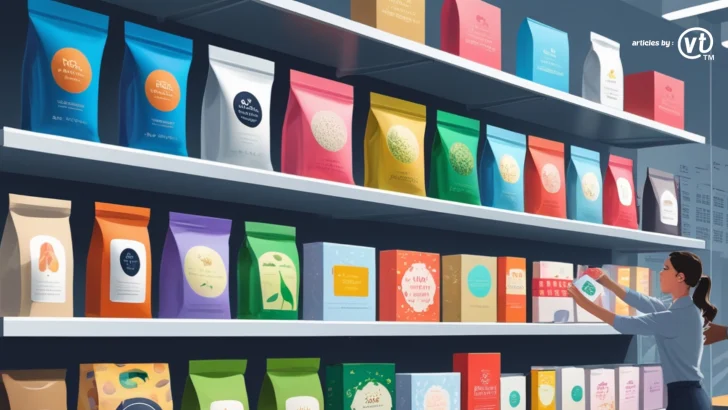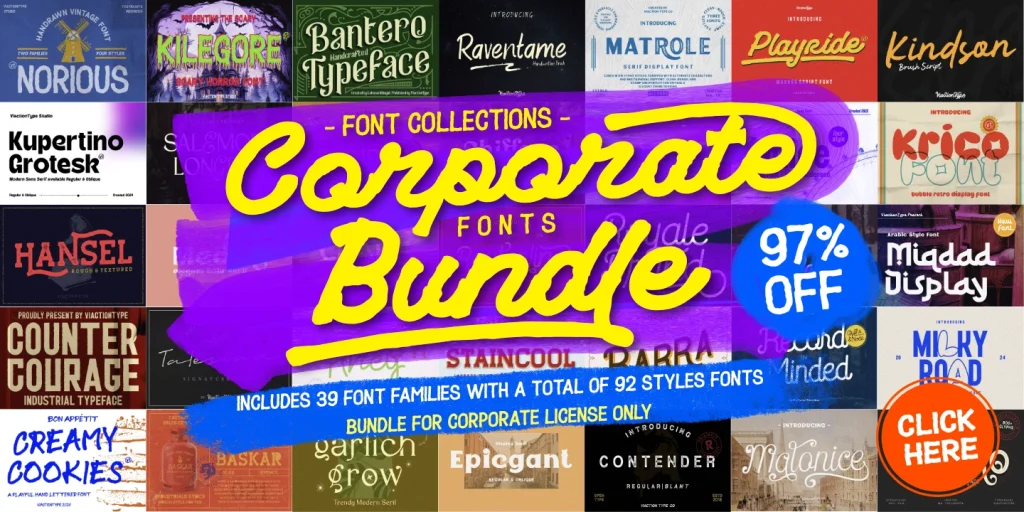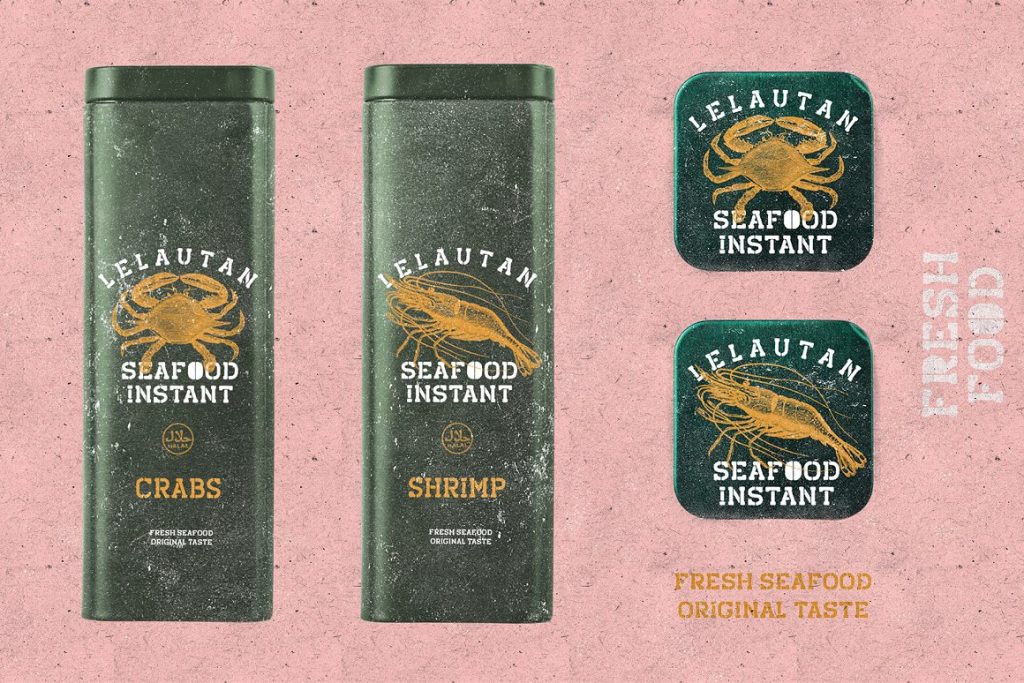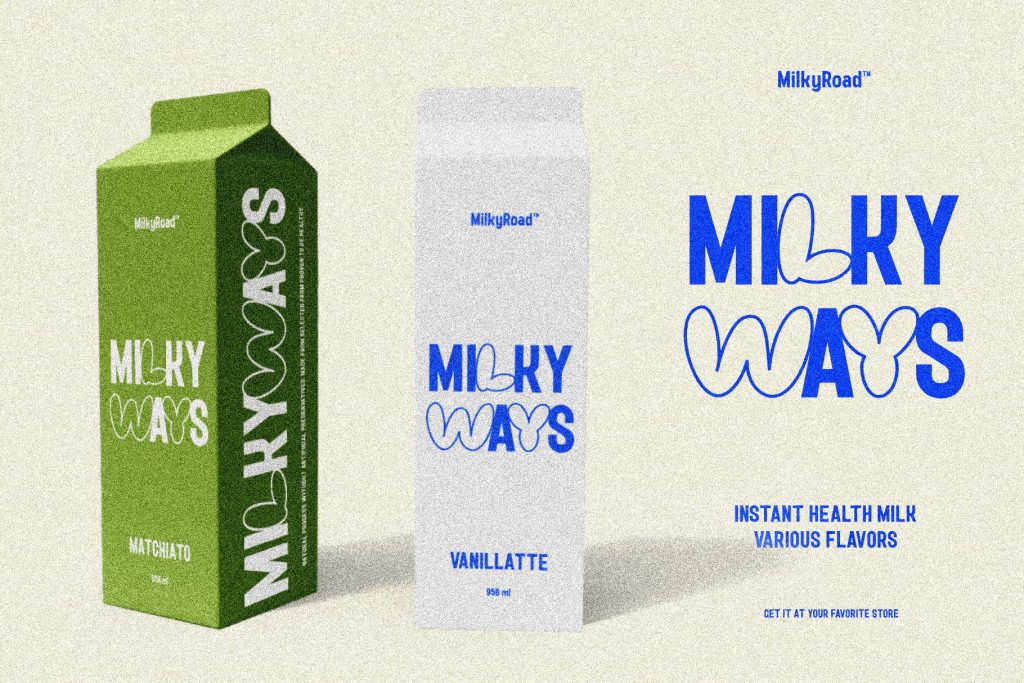Explore how smart packaging design drives buying decisions. Learn how colors, typography, and structure impact consumer perception and behavior.
Introduction
In a world overflowing with options, consumers often make split-second decisions at the point of purchase. One major influence behind those decisions? Packaging design.
Far beyond its functional role, packaging serves as a silent salesman, communicating value, trust, and brand personality in just a glance. In this article, we’ll break down the psychology of packaging design and how it directly influences consumer behavior.
The Psychology Behind Packaging Design
Consumers are emotional decision-makers. When browsing a shelf or scrolling online, their brains are constantly scanning for visual cues. Here are a few psychological principles behind how packaging affects buying choices:
1. Color Psychology
Colors evoke specific emotions and associations:
-
Red: urgency, excitement, appetite (commonly used in food packaging)
-
Blue: trust, calm, professionalism (frequent in tech and healthcare)
-
Green: natural, eco-friendly, health
-
Black: luxury, elegance, power
Choosing the right color palette can align your product with the emotional response you want to trigger in your audience.
2. Typography and Readability
Fonts play a major role in shaping brand personality:
-
Bold, uppercase fonts suggest strength and authority.
-
Handwritten or script fonts give off a personal, artisanal vibe.
-
Clean, sans-serif fonts feel modern and approachable.
Clear, easy-to-read text builds trust and improves decision-making speed at the point of sale.
3. Shape and Structure
Unique packaging shapes instantly stand out and may even be remembered long after the purchase. Think Coca-Cola’s iconic bottle or Toblerone’s triangular packaging.
Functionality also matters—if a box is hard to open or a tube spills easily, it negatively impacts the user experience, regardless of how pretty it looks.
4. Imagery and Visuals
Images on packaging should reflect the lifestyle or result your product promises. A skincare product might show glowing skin, while a protein bar might feature active, fit individuals. This aspirational imagery helps consumers imagine themselves using the product, which leads to higher conversion.
5. Emotional Connection and Storytelling
Packaging that tells a story or includes emotional touchpoints (like a personal thank-you message or sustainability mission) creates a deeper connection. When consumers feel something, they’re more likely to remember—and repurchase.
Case Studies: Packaging That Changed the Game
-
Innocent Drinks: Their handwritten fonts, quirky messages, and transparent labels create a friendly, honest vibe that consumers love.
-
Apple: Minimalist, sleek packaging builds anticipation and reinforces the brand’s premium positioning.
-
Dollar Shave Club: Uses humor, storytelling, and smart typography to attract a younger, savvy audience.
Tips for Designing Packaging That Sells
-
Know your audience: Design with your target customer’s preferences in mind.
-
Test different designs: A/B testing can help you understand what resonates most.
-
Invest in quality: High-end materials and finishes communicate premium value.
-
Stay consistent: Your packaging should align with your brand’s voice and visuals across all platforms.
Final Thoughts
Packaging isn’t just a box—it’s an experience, a brand statement, and a psychological trigger all at once. Brands that understand and leverage the psychology of packaging design will have a clear edge in capturing attention, influencing buying behavior, and building customer loyalty.





